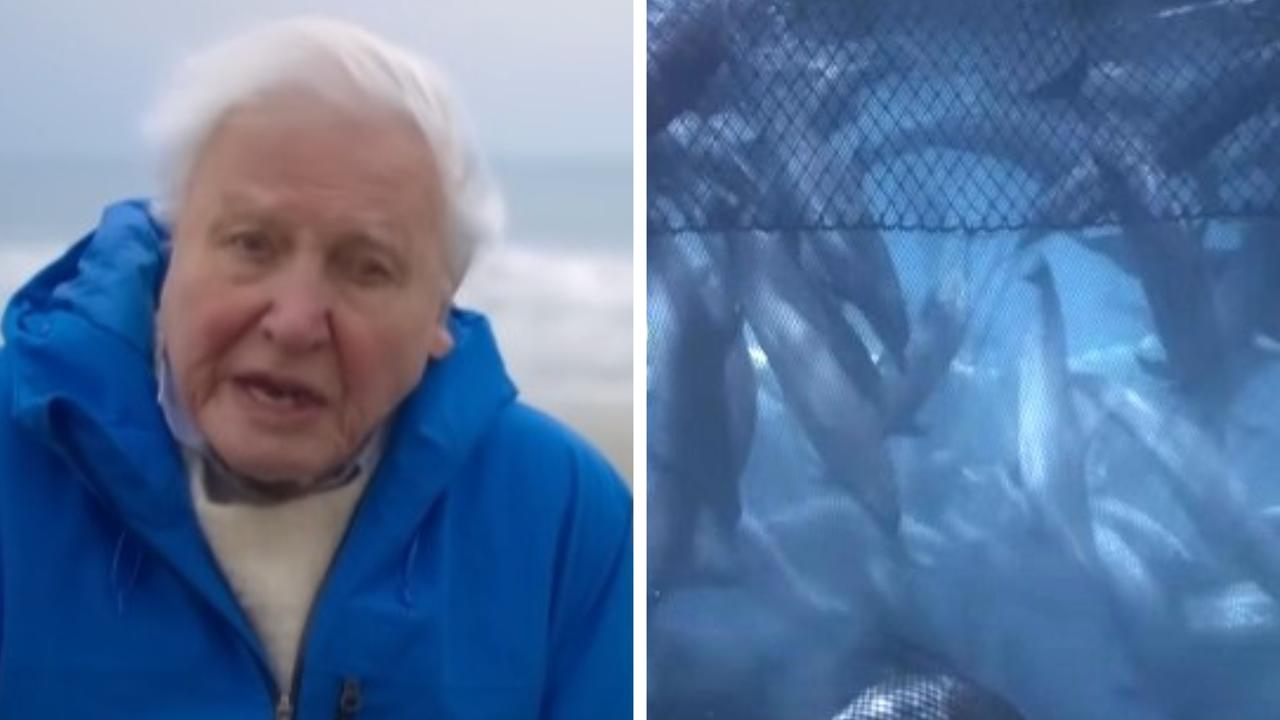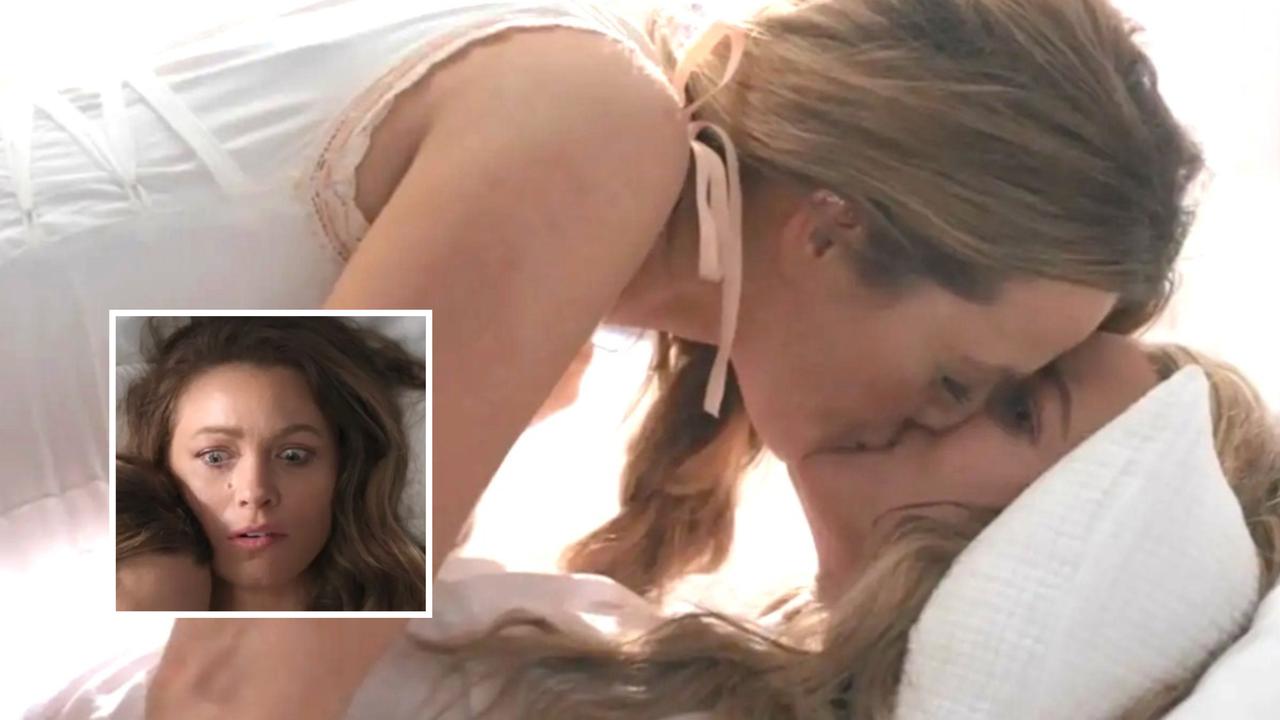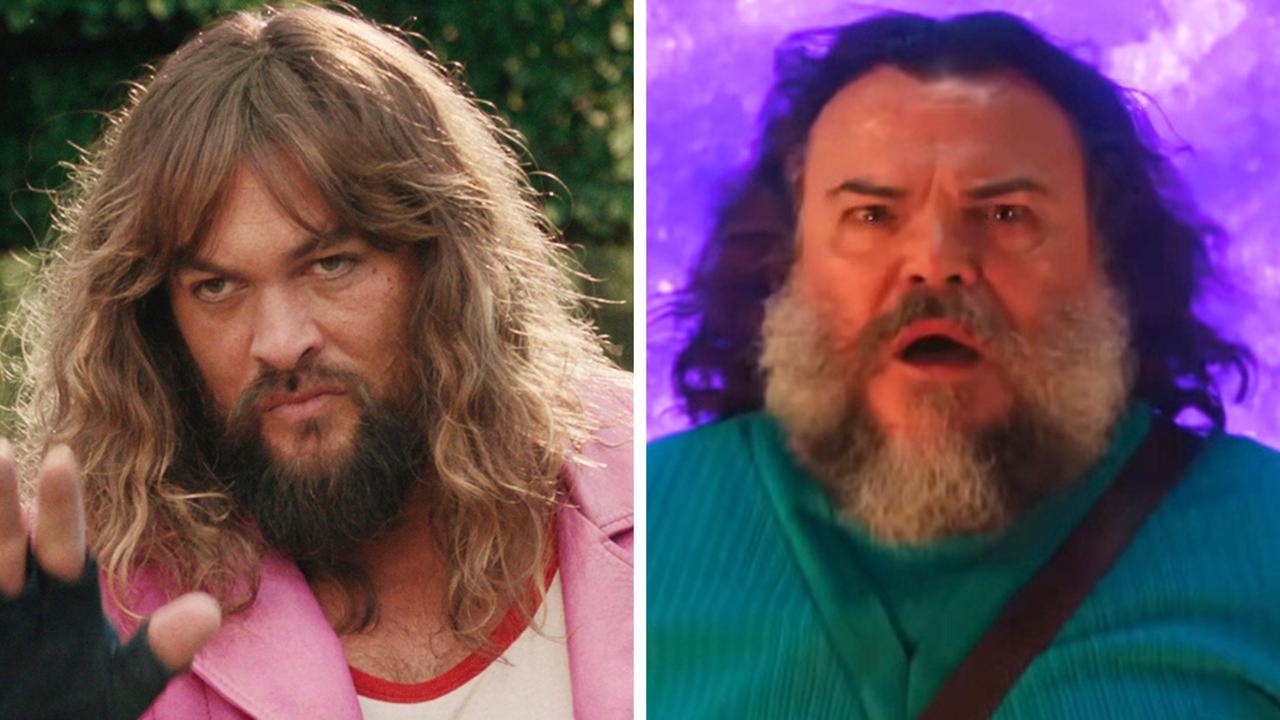Honey Boy: Shia LaBeouf’s semi-autobiographical movie of his childhood
In rehab for substance and alcohol abuse, Shia LaBeouf’s therapy was to write the movie of his own childhood trauma.
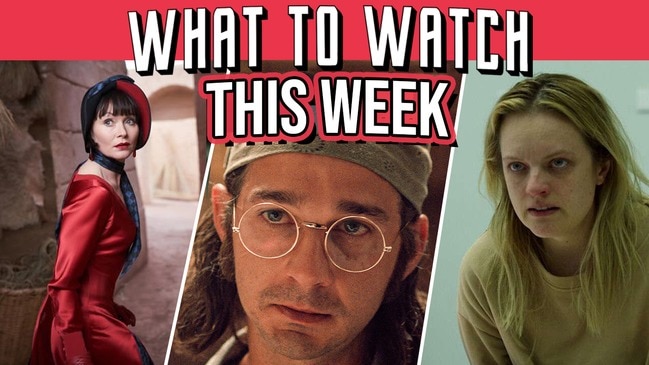
Even before his breakout role in the first Transformers movie, Shia LaBeouf was a mainstay of film sets, particularly for Disney.
In his 20s, when LaBeouf started to make headlines not for his performances but for his run-ins with the police, that old narrative of the child-star-turned-bad turned him into a cliche he didn’t want to be.
While in rehab for substance and alcohol abuse, LaBeouf channelled his energies and traumas into the script that would become Honey Boy. It’s therapy turned into art.
Honey Boy is LaBeouf’s semi-autobiographical story of his own childhood experiences growing up in the industry, and paying his alcoholic father to be his guardian. To complicate things, LaBeouf took on the emotionally brave act of playing the father figure in the film with Noah Jupe in the role of his on-screen stand-in.

Directed by Alma Har’el in her scripted feature debut, Honey Boy, despite its heavy subject is a deeply empathetic and generous drama that strikes at the heart of complex parent-child relationships and inherited trauma.
With a framing story set in 2005, Otis (Lucas Hedges) is a young actor with an alcohol problem. After his third altercation with the cops in four years, he’s sent to rehab where if he doesn’t finish out the program, it’s off to prison.
He’s encouraged by his therapist (Laura San Giacomo) to examine his past after she diagnoses him with PTSD.
In flashback to 10 years earlier, Otis (Jupe) is a child actor whose father James (LaBeouf) acts as his guardian on set. After shooting each day, the pair return to the dinghy, claustrophobic motel room they share, often verbally sparring into the night.
One of the points of contention between them is Otis’ relationship with Tom (Clifton Collins Jr.), Otis’ “big brother” in the Big Brother program, which James sees as a direct rebuke of his parenting skills.
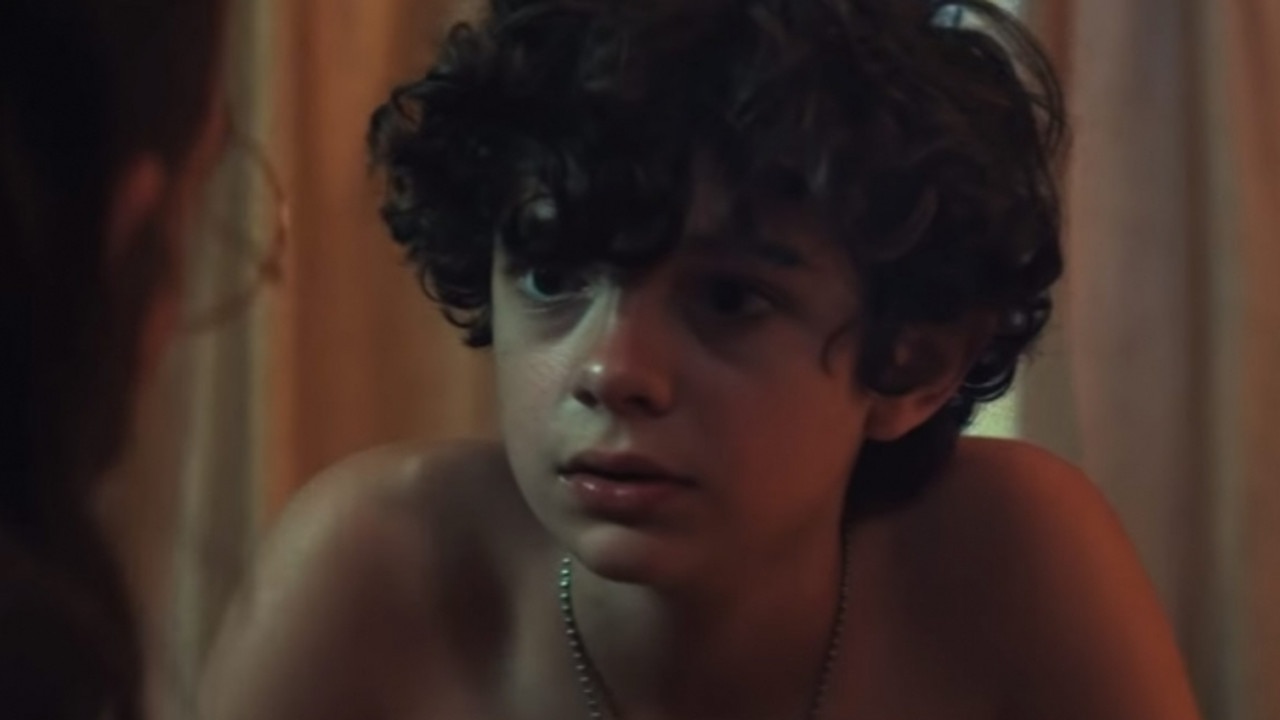
James is a former rodeo clown four years into his sobriety, but he’s volatile and quick to anger, which puts Otis on edge. James and Otis both try to hurt the other, each spurred on by their own pain and resentments.
Of course, it’s not a fair fight. James, as the father, as the adult, bears the greater responsibility to his child’s emotional wellbeing. But Honey Boy recognises that even alcoholic fathers are three-dimensional people with their own tormented histories and failed dreams, as well as being the source of Otis’s substance struggles and self-loathing.
For LaBeouf to have written his father that way, and to play him as well, is an act of incredible compassion. LaBeouf’s performance, and his chemistry with Jupe, is the anchor of this film.
There’s a scene of James in his AA group where he relays a story, which he already told in part to Otis, but here it’s treated with such a different filter that it reinforces the concept that people are not simple, they can be myriad things at the same time and one doesn’t cancel out the other.
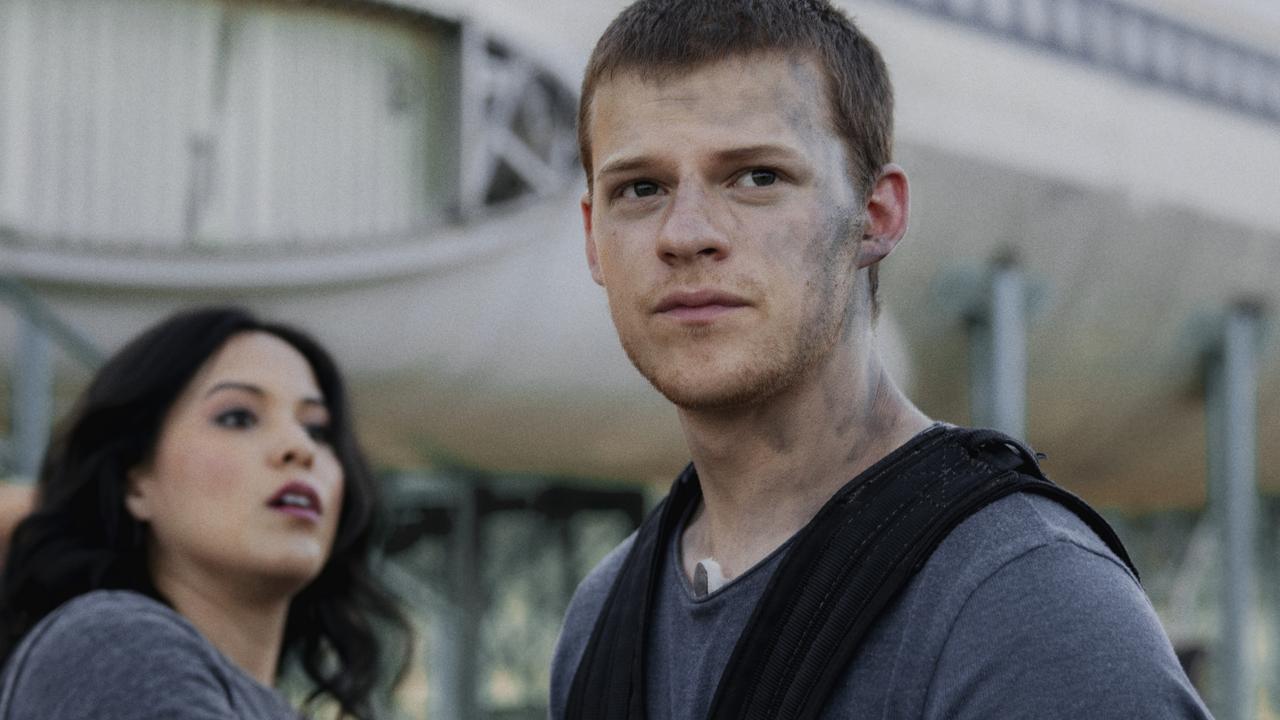
Har’el and cinematographer Natasha Braier uses the warm aesthetic of that southern California sun and a roaming camera to imbue the movie with an intimacy and love that grapples with the inescapable fact that sometimes we still love those who hurt us.
Harel, herself the child of an alcoholic parent, and LaBeouf have crafted an emotionally sophisticated film that’s not interested in easy demonisations. It wants us to know that in coming to terms with the flaws of those who failed us, we can forgive ourselves too.
Honey Boy may have been therapy for LaBeouf, but it’s a gift to the rest of us.
Rating: 4/5
Honey Boy is in cinemas from Thursday, February 27
Share your movies and TV obsessions | @wenleima


